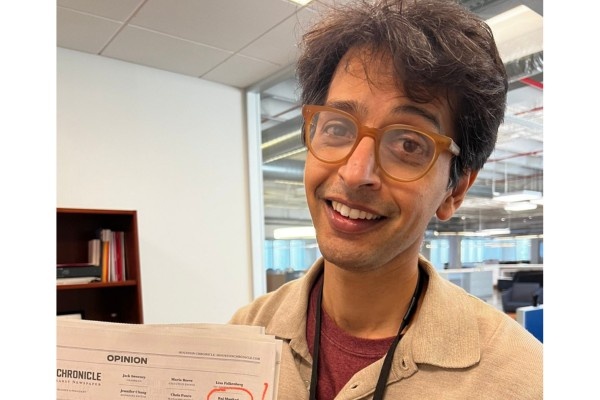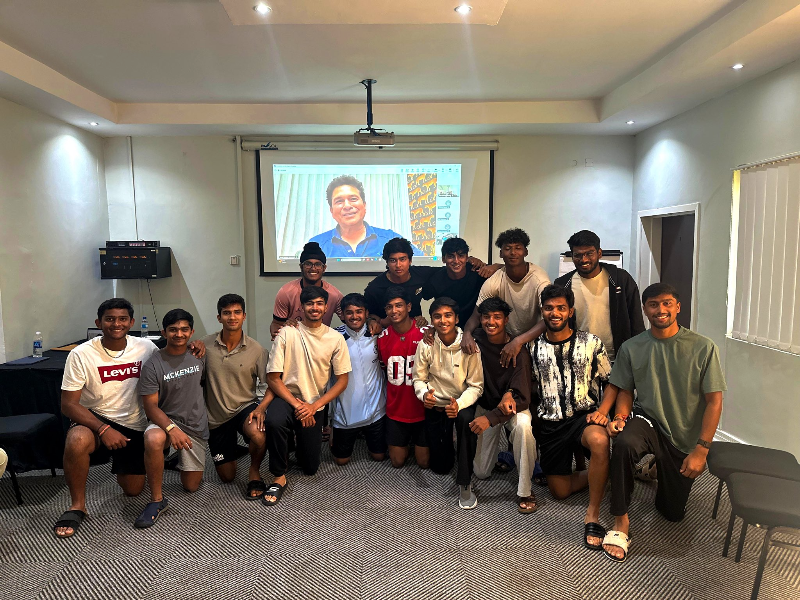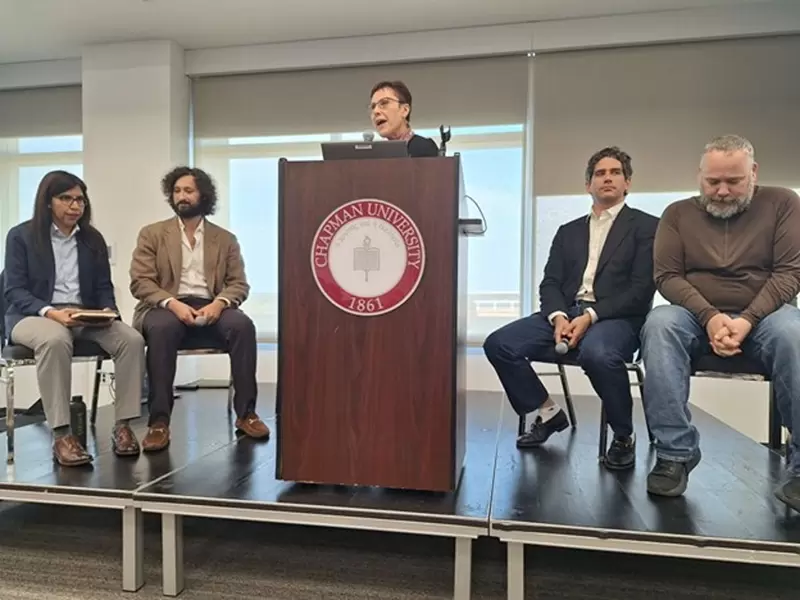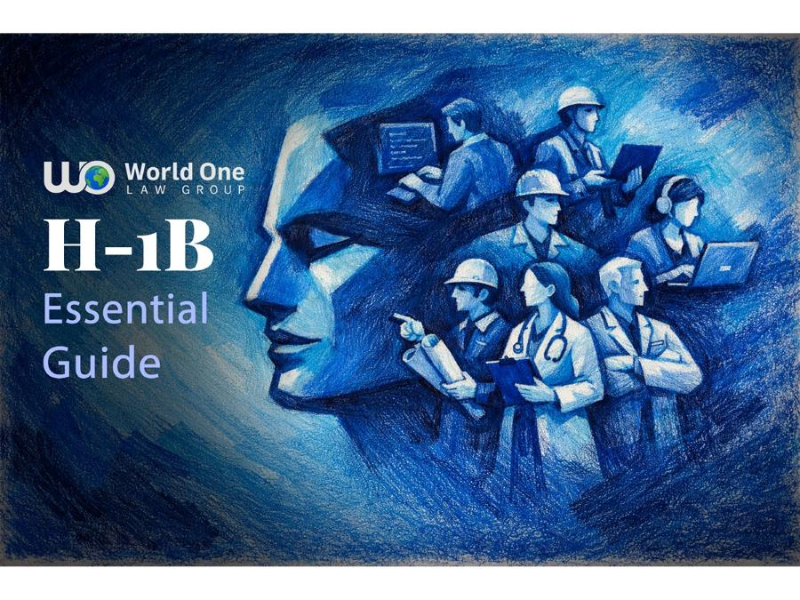Raj Mankad honored with Pulitzer Prize for editorial writing
Mankad was part of a four-member editorial team that produced the award-winning body of work.
 Raj Mankad / X
Raj Mankad / X
Journalist Raj Mankad, deputy opinion editor at the Houston Chronicle, was named among the recipients of the 2025 Pulitzer Prize for Editorial Writing.
Mankad along with his team was honored for a bold and unflinching series that investigated the deadly consequences of stalled freight trains in Houston’s most vulnerable neighborhoods. The four-member editorial team included Lisa Falkenberg, Leah Binkovitz, and Sharon Steinmann.
Also Read: Cal State Fullerton professor honored as 2025 Outstanding Professor
Their editorials documented how long-stopped trains, often in working-class areas, routinely block roads for hours, trapping ambulances, schoolchildren, and residents. The Pulitzer committee praised the Chronicle for its “rigorous focus on the people and communities at risk” and its editorial board’s “power to influence public opinion in the right direction.”
“This city treats its people as disposable,” Mankad wrote in one editorial. “We can be a big industrial city, but the bargain we make with industry doesn’t include dying.”
The series gained momentum following the death of Sergio Rodriguez, a Milby High School sophomore killed while trying to cross tracks near his school. In the aftermath, the Chronicle’s editorials pushed city and state leaders for immediate infrastructure improvements, calling out a status quo that disproportionately endangered communities of color.
The 2025 Pulitzer is the second for the Chronicle’s opinion team in four years and the newspaper’s third overall. The editorials have already prompted a legislative response, including a $350 million grant program approved by the Texas Senate to improve rail safety across the state.
On the same day the Pulitzer was announced, Mankad published another widely discussed editorial, “Display the Hindu Ten Commandments in Texas classrooms too,” challenging a legislative effort to mandate Christian scripture in public schools.
“As someone raised as a Hindu,” he wrote, “I’ve watched with interest as a bill requiring public schools to display the Ten Commandments in every classroom is making its way through the Texas Legislature.” The column questions religious favoritism in public institutions, echoing Mankad’s larger body of work centered on inclusion and constitutional values.
Mankad, whose journalism is grounded in a deep academic background—including a doctorate in Literature and Creative Writing from the University of Houston—has long used his platform to connect policy, history, and lived experience. His writing consistently interrogates civic priorities and calls for a more equitable public sphere.
ADVERTISEMENT
ADVERTISEMENT
E Paper
Video




 Malvika Choudhary
Malvika Choudhary













Comments
Start the conversation
Become a member of New India Abroad to start commenting.
Sign Up Now
Already have an account? Login